At the 9th Forum on China-Africa Cooperation (FOCAC) in Beijing, UN Secretary-General António Guterres seized the opportunity to advocate for a overhaul of the international financial system and the restructuring of African debt. His remarks on Thursday highlighted the economic challenges many African countries face amidst a strained global financial environment.
« We propose profound reforms of the outdated, inefficient, and unjust international financial system, » Guterres stated, emphasizing the need for a « revival of the Sustainable Development Goals (SDGs) to provide developing countries with the liquidity they need. » This initiative aims to offer short-term solutions while developing medium- and long-term strategies.
The UN Secretary-General underscored the critical situation in many African countries, « bogged down by debt and struggling to invest in sustainable development. » He pointed out the lack of access to effective debt relief and the inadequacy of resources and concessional financing to meet the fundamental needs of African populations.
Guterres also highlighted the injustice of the climate situation, where African countries, which have contributed minimally to climate change, find themselves on the front lines of its devastating effects, without the financial means to address them.
In this context, FOCAC 2024 holds particular significance. African leaders are seeking China’s help to develop their agricultural exports and industrialize their economies. China, now the leading bilateral trading partner of Sub-Saharan Africa, is in a key position to influence the continent’s economic future.
However, the trade imbalance remains a major challenge, with China exporting far more to Africa than it imports. This asymmetry raises questions about the nature of the China-Africa partnership and Africa’s ability to fully benefit from this relationship.
Guterres’s call for restructuring African debt and reforming the international financial system thus fits into a broader context of rebalancing global economic relations. It highlights the need for a more equitable and sustainable approach to development, where African countries could play a more active role in shaping their economic future.
FOCAC 2024 thus emerges as a crucial platform to address these urgent issues and potentially redefine the terms of China-Africa cooperation in a rapidly changing world.








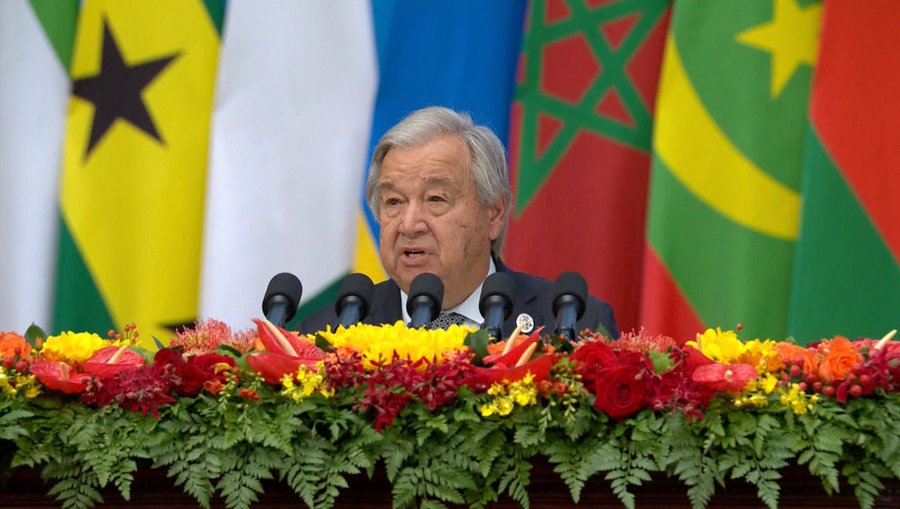
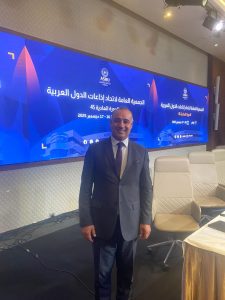

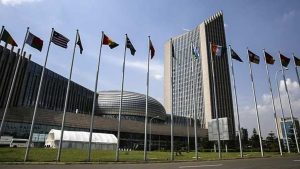
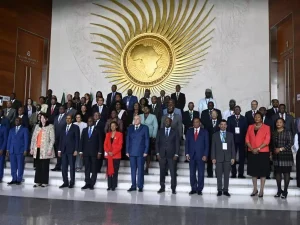
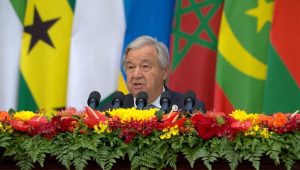
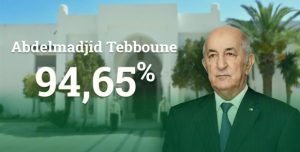
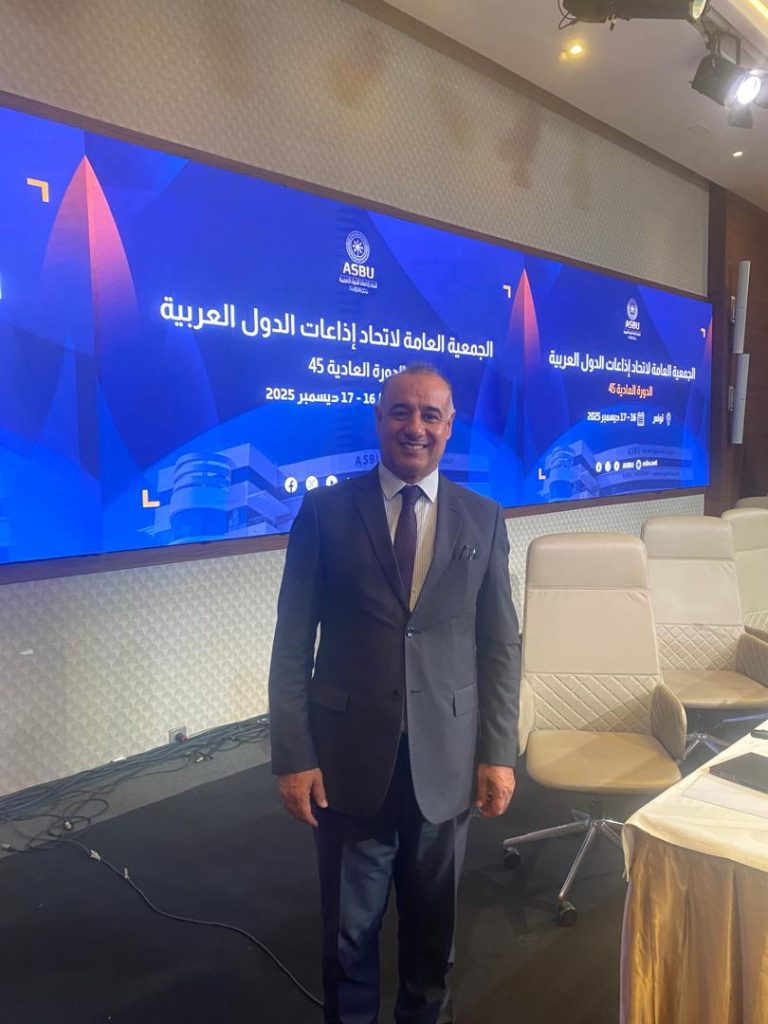

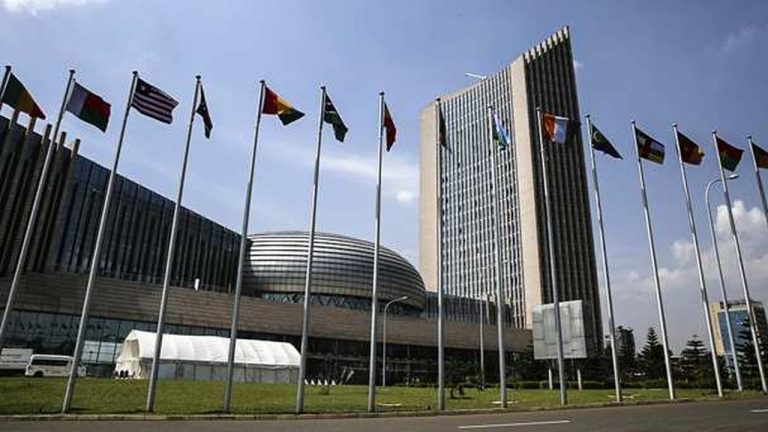
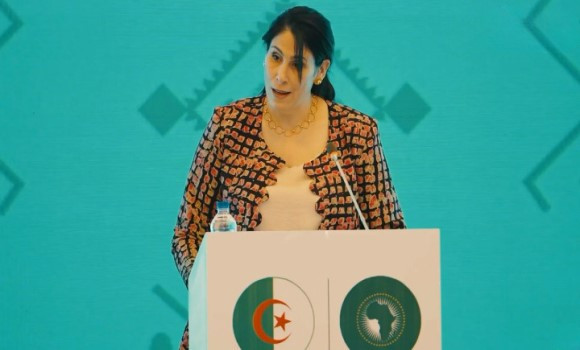
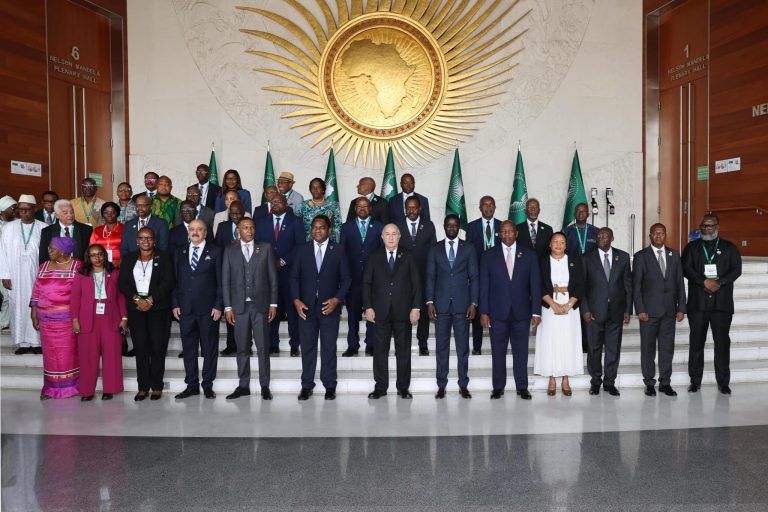
+ There are no comments
Add yours